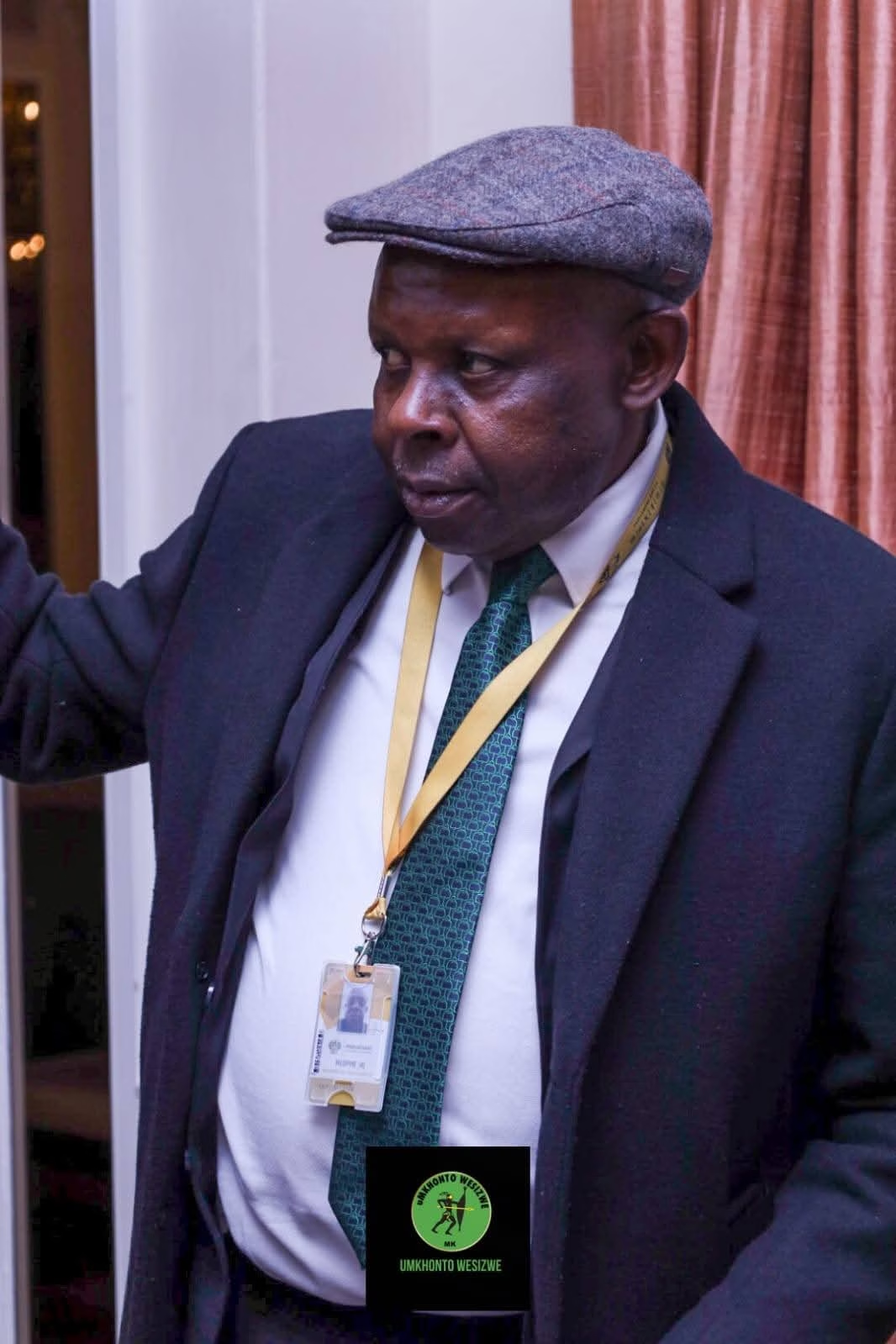The uMkhonto weSizwe (MK) Party’s motion of no confidence in President Cyril Ramaphosa remains under internal parliamentary assessment as it has not yet reached the formal tabling stage. Although resubmitted to comply with parliamentary rules, the motion has yet to appear on Parliament’s official programme, and questions around its processing have now come to the fore.
The issue was raised on Thursday during a meeting of the National Assembly Programme Committee. MK Party chief Colleen Makhubele sought clarity on the status of the motion.
“We submitted a motion of no confidence. We would like to know when it will be tabled and how far it is,”
Makhubele asked during the session.
“I know there are amendments that were submitted. I do not see it in the programme or anywhere in the agenda.”
In response, Secretary to the National Assembly Masibulele Xaso confirmed that a revised version of the motion had been received and is currently undergoing a technical review.
“We have gone through it technically. We are finalising that. The advice will be presented to the Speaker and once the Speaker has considered the matter, the party will be responded to,”
Xaso explained.
National Assembly Speaker Thoko Didiza offered further insight into the delay, citing procedural requirements.
“We did not raise it on the programme because we needed to respond to the party first after you resubmitted and then thereafter it will be duly dealt with. I hope you would understand that,”
she said.
Makhubele acknowledged the explanation, stating simply:
“Thank you Speaker, well noted.”
The Political Trigger Behind the Motion
The motion was initially introduced in the wake of explosive claims involving the upper echelons of South Africa’s policing and executive structures. It followed accusations made by KwaZulu-Natal police commissioner, Lieutenant-General Nhlanhla Mkhwanazi, against Police Minister Senzo Mchunu. The MK Party has openly criticised President Ramaphosa for what it perceives as an abdication of leadership responsibility in the matter.
On 22 July, Makhubele addressed the media, outlining the rationale for the motion.
“They put the motion of no confidence on Ramaphosa for his failures, chief among them, failure to fire Mchunu and to protect the most vulnerable in society,”
she said.
Legal and Procedural Setbacks
In a related legal development, the MK Party had also approached the Constitutional Court in a bid to have Professor Firoz Cachalia’s appointment as acting police minister overturned. The challenge was unsuccessful, further intensifying the party’s resolve to pursue its political strategy through parliamentary mechanisms.
The MK Party has formally requested that the eventual vote on the motion be conducted via secret ballot. Parliamentary leader John Hlophe made the case for this approach, stating that it would better safeguard the autonomy of Members of Parliament.
“A secret ballot will ensure MPs exercise their constitutional duty freely and without fear,”
Hlophe argued.
Parliamentary Uncertainty Continues
While the motion awaits final review by the Speaker, it remains absent from Parliament’s current agenda. Whether or not it will proceed to debate and vote hinges on the Speaker’s decision after internal legal scrutiny. Until then, the MK Party continues to maintain pressure, positioning the motion as a litmus test for executive accountability and parliamentary independence.

















